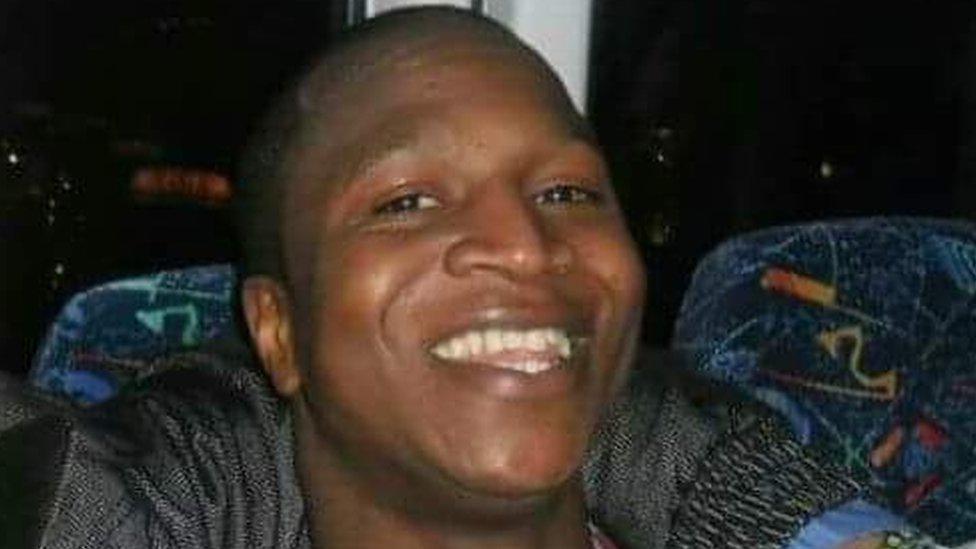Sheku Bayoh: Six officers restrained him in Fife street
- Published
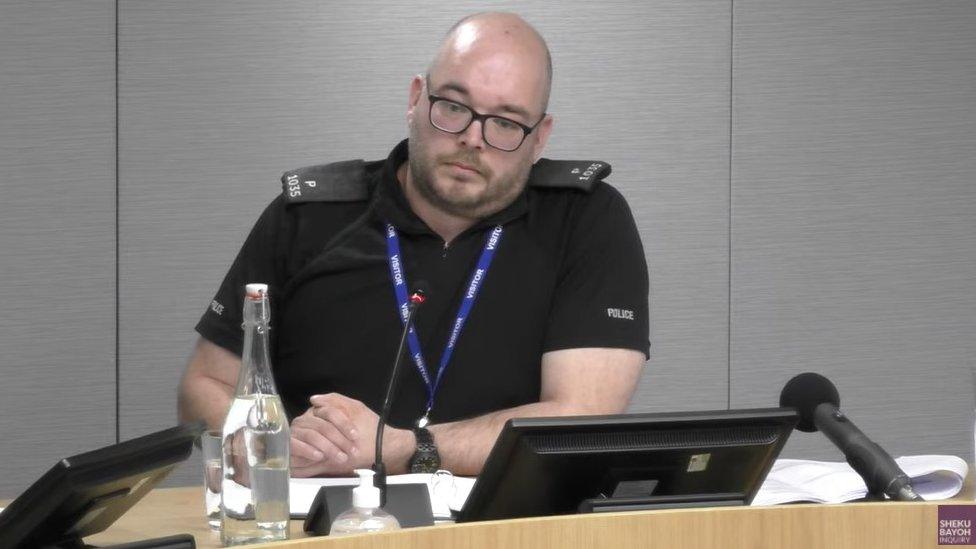
PC Alan Smith gave evidence at the inquiry into the death of Sheku Bayoh
The Sheku Bayoh inquiry has heard that six police officers were involved in restraining him before he died in Fife seven years ago.
PC Alan Smith told the inquiry three officers had been struggling to keep Mr Bayoh under control as he lay on the ground in Hayfield Road, Kirkcaldy.
Another three officers became involved before Mr Bayoh was handcuffed and leg restraints were applied.
The inquiry has heard the father-of-two stopped breathing a short time later.
PC Smith told the public inquiry in Edinburgh that he and his colleagues were in an "impossible situation" during events leading up to the death of Mr Bayoh.
At the time of the incident, PC Smith had 10 years of experience in the police. He had training as a public response officer and an armed response officer.
He told the inquiry he had not been employed in these roles at the time when he responded to the call regarding Mr Bayoh, and instead responded to ad-hoc calls in these roles.
The police were responding to reports of a man with a "large knife".
PC Smith told the inquiry: "Situations like this are impossible.
"You're trained to take in a lot of information, trying to do a lot of different things.
"If you are going to somebody with a knife you have a degree of fear. There's potential that something could go wrong. There's a little tension there."
He added: "The risk posed by somebody with a knife is extremely significant, extremely high."
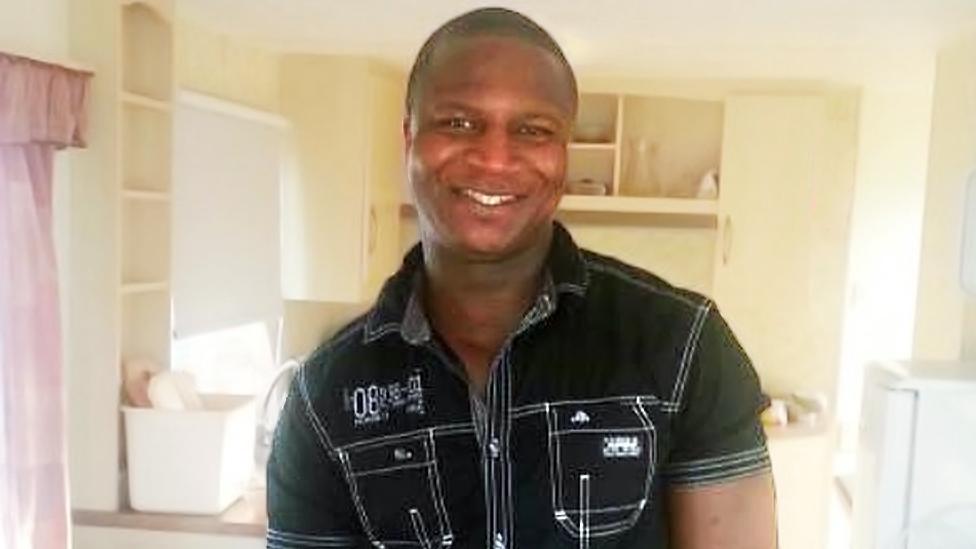
Sheku Bayoh died after being restrained by officers in Kirkcaldy in May 2015
The officer told the inquiry initial communications from the police control room were unclear and he did not know what to expect.
When he arrived there were four other police officers there.
He said he saw PC Nicole Short "staggering across the road", holding her right side - the inquiry has heard claims Mr Bayoh had punched her and stamped on her when she was on the ground.
PC Smith continued by saying he could not see a knife - it was unaccounted for - but it was possible it was concealed on Mr Bayoh.
The inquiry earlier heard that police did not find a knife when they searched Mr Bayoh.
PC Smith said Mr Bayoh was being restrained on the ground by three other officers - he was struggling with them and they were having trouble keeping him under control, and it looked like he was going to break free.
He was asked what weight was being put on Mr Bayoh at that stage after he had joined in but he said he was not sure.
A further two officers became involved and managed to handcuff Mr Bayoh, then put leg restraints on him.
PC Smith said he had been monitoring Mr Bayoh and realised he was unconscious. He said he called for an ambulance and four minutes after that he realised Mr Bayoh was not breathing.
One of the officers started to apply chest compressions.
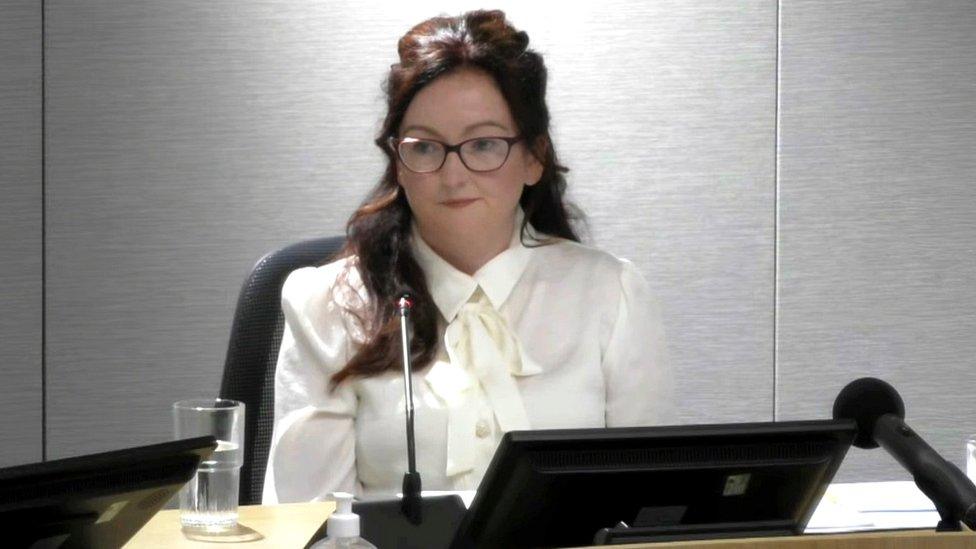
Former PC Nicole Short earlier gave evidence that she was injured by Mr Bayoh during the arrest
Paramedics took over as soon as they arrived.
They asked PC Smith to drive their ambulance to Victoria Hospital so they could keep working on Mr Bayoh in the back.
It was put to PC Smith that Mr Bayoh was still in restraints when he was inside the ambulance.
Angela Grahame QC, senior counsel to the inquiry, asked PC Smith why the restraints had not been removed when the officers became aware Mr Bayoh had lost consciousness.
PC Smith said: "Because somebody is unconscious or apparently unconscious does not necessarily diminish the risk they pose.
"People can make a sudden recovery and continue with the behaviour they had before.
"People can feign unconsciousness which absolutely happens and can attack police officers."
PC Smith said he returned to Kirkcaldy police station.
The uniformed offices who had been involved in the incident were all told to stay in the canteen.
PC Smith said they were instructed not to discuss what had happened.
He said he was "completely stunned, mentally exhausted, in a state of shock."
However, he said they were were not given any advice about what they had to do.
The family of Mr Bayoh, who came to the UK from Sierra Leone as a teenager, have claimed he was treated differently because of the colour of his skin.
At the inquiry, Ms Grahame asked PC Smith if he would have done more for Mr Bayoh after he became unconscious if he had been white. She also asked if Mr Bayoh's race had played any part in PC Smith's actions or that of his colleagues.
He said "no" to each of those questions.
The inquiry continues before Lord Bracadale.
- Published26 May 2022
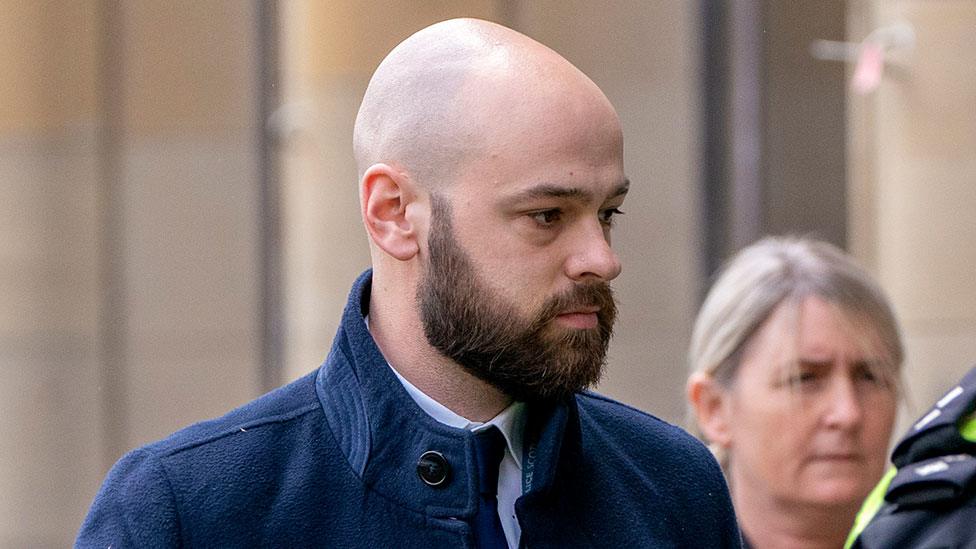
- Published25 May 2022

- Published24 May 2022
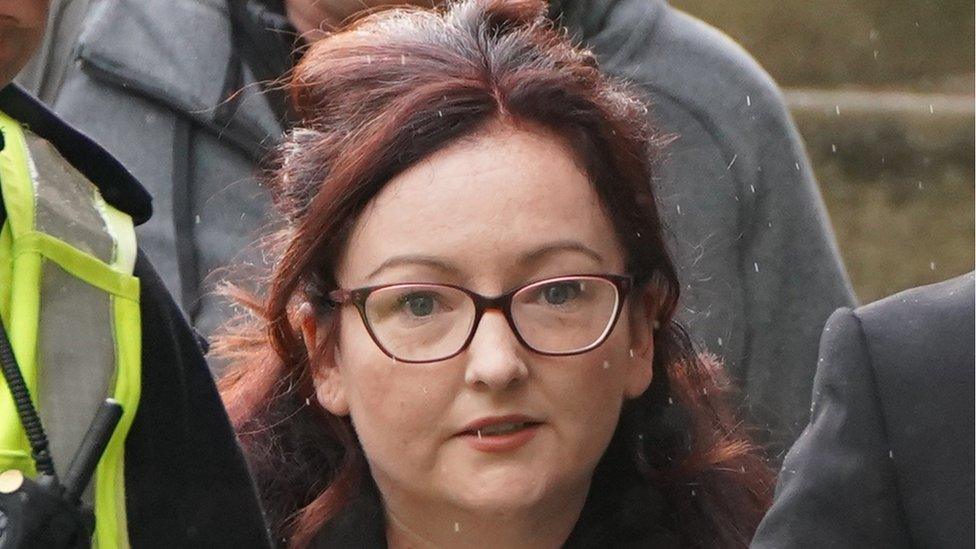
- Published20 May 2022
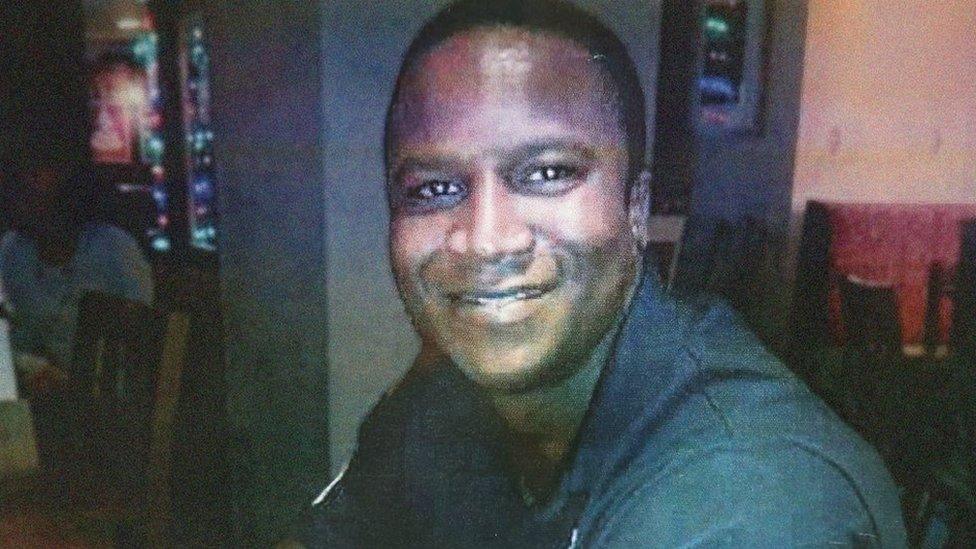
- Published19 May 2022

- Published17 May 2022
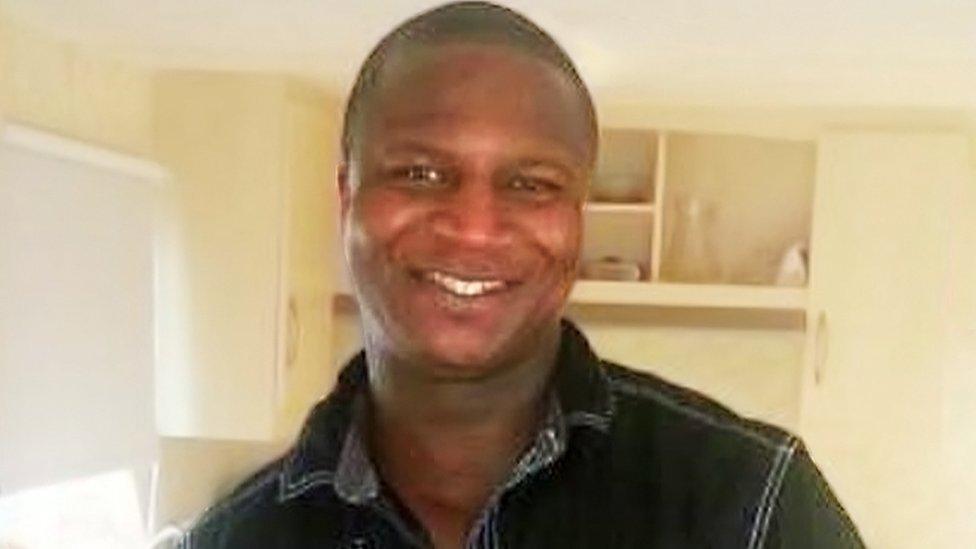
- Published15 May 2022
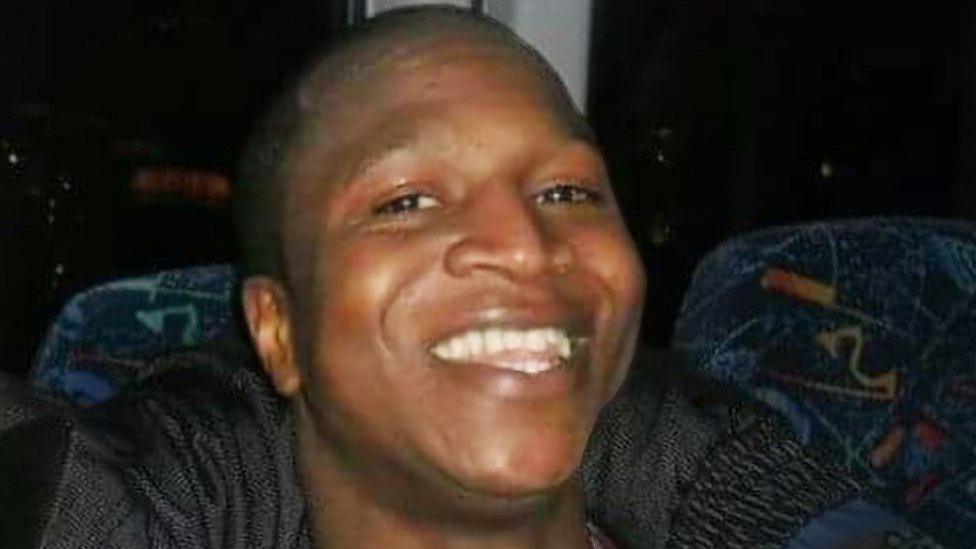
- Published13 May 2022
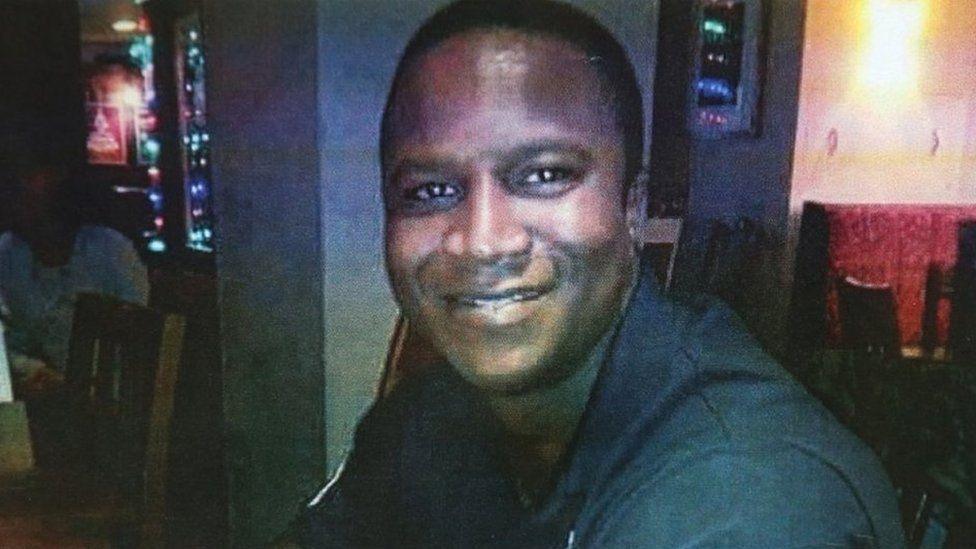
- Published11 May 2022
